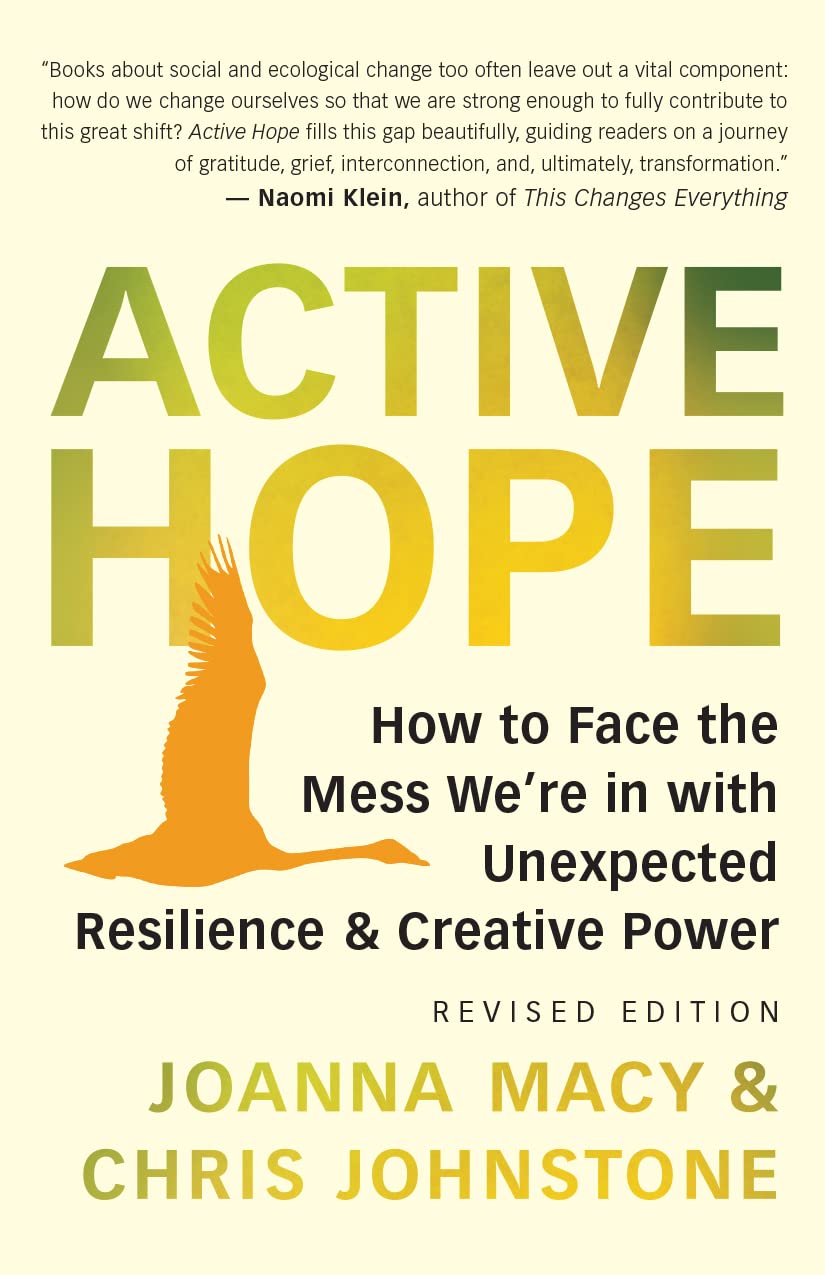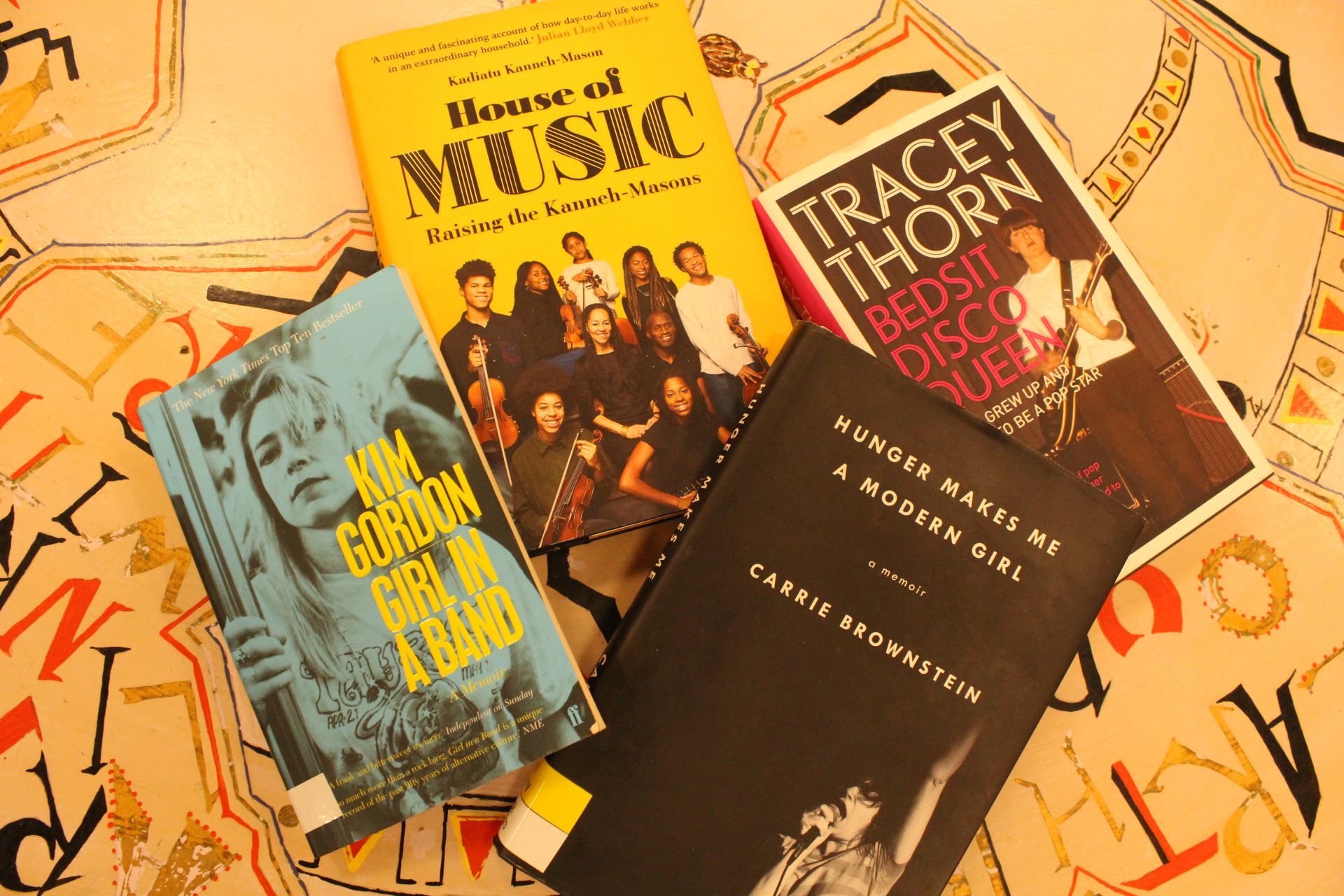Nuala recommends:
Women In The War Zone: Hospital Service In The First World War by Anne Powell (The History Press, 2009)
When one thinks of the First World War it is usually in terms of the experience of young, male soldiers – Vera Britain’s “lost generation”. What comes to mind are the staggering casualty figures – over a million lives lost at the Battle of the Somme alone – or the crosses that stretch across areas of Northern France as far as the eye can see. With the exception of Britain’s Testament of Youth, the accounts that we have of the terrible suffering caused by this conflict are generally by male authors. Many people will be familiar with Wilfred Owen’s poems on ‘the pity of war’. As we mark the deaths of the last surviving combatants Anne Powell’s absorbing new book throws light on the efforts of women to mitigate the horrors chronicled by Owen and others. Powell has gathered together first hand accounts by women serving as medical personnel at all stages of the war and in places varying from Paris to Basra. In the face of an acute shortage of adequate hospitals, women – doctors, nurses and volunteers – made an invaluable and often unsung contribution to improving the lot of the critically wounded. In so doing they frequently had to work round the clock in dangerous, unsanitary and under-resourced conditions.
A heartening feature of many of the diaries and memoirs Powell cites is the high esteem in which the women’s hospitals were held by the combatants and, eventually, the military authorities. This is especially gratifying in view of the British War Office’s alleged response to an offer by Dr Elsie Inglis, a Scottish surgeon, to set up hospitals staffed by women. Sir Frederick Treeves is said to have told her ‘My good lady, go home, and sit still’. Fortunately Dr Inglis ignored this advice and her Scottish Women’s Hospitals spread across Europe, treating thousands of men between 1914-19.
One of the strengths of Women In The War Zone is its panoramic view of the war and its consequences. Conflict had devastating effects not only on servicemen but also on many civilians. Some of the book’s most engaging passages are concerned with the plight of ordinary people – including children – caught in the crossfire. Women In The War Zone paints a vivid portrait of the sordid reality of war, but also of the bravery and generosity of the women who fought against it. They deserve to be remembered and this powerful record of their voices seems a fitting memorial.






